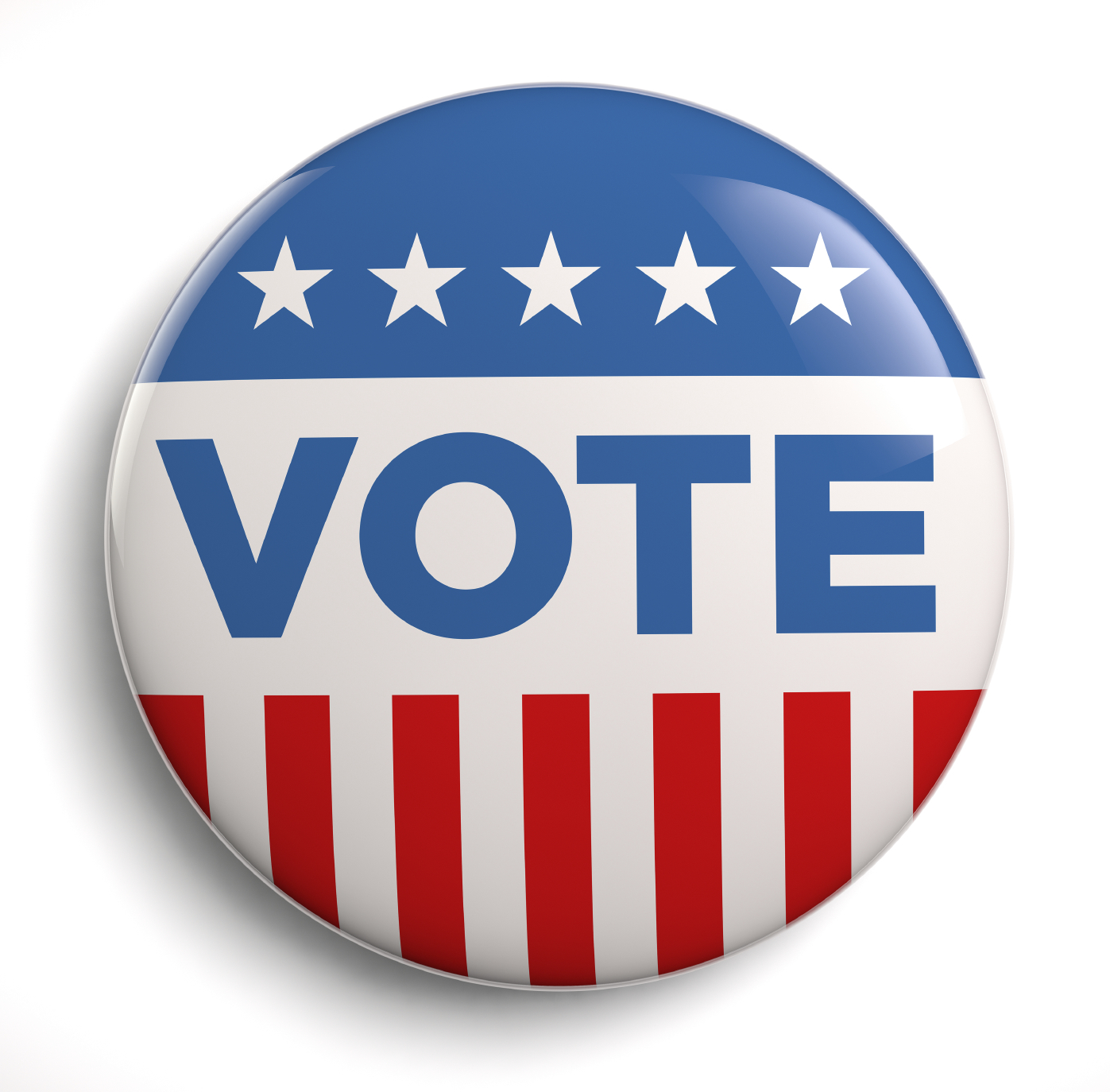AARP Hearing Center
With November 3rd fast approaching, and Pennsylvania’s 20 electoral votes still up for grabs, AARP Pennsylvania recently hosted a non-partisan online forum with 17 women from suburban Philadelphia to learn how that key demographic is approaching the 2020 election.
During the hour-long conversation hosted by AARP Pennsylvania Volunteer State President Joanne Grossi, the women raised concerns about voting during a pandemic, the need for improved healthcare access, and the rancorous tone of the Presidential race.
The women were identified only by their first names during the listening session. A similar program was also conducted with women from the Pittsburgh suburbs.
Why focus on suburban women? Back in 2016, that key voting bloc helped decide the Presidential election in Pennsylvania. AARP polling from this month showed neither President Trump nor former Vice-President Biden is a lock in 2020 to win the election in Pennsylvania.

Grossi began the program by asking the women how the pandemic is affecting their ability to vote in November.
Cindy might have captured the sentiments of much of the group when she said “I’ve never in my voting life been more worried that somehow my vote won’t count,” she said. “How can I describe it? It feels yucky, and scary, and not safe.”
The women agreed that health concerns related to the pandemic and the constant legal wrangling surrounding the state’s expanded voting options have contributed to growing anxiety among voters.
“Getting access to good, reliable information I think leaves people with a lot of anxiety,” said Jennifer. “In the community, there’s a lot of confusion.”
Nicole added that many counties have opened up satellite voting centers and extended hours at election offices to provide opportunities for voters to drop off mail-in ballots in person. “Hopefully, that will flatten the curve somewhat so there won’t be so many folks in line on November 3rd,” she said.
Others remain committed to casting their ballots in person. “I believe the increased use of mail-in ballots has fostered a distrust in the validity of the process,” said Jan.
Jena added “Logically, I know it’s safe. My gut and my emotions in this election have driven me to feel like I have to show up in person to vote.”
Many of the women said they would be supporting candidates that favor expanding healthcare access.
“Here in the Philadelphia area, we are spoiled because we have so many hospitals and healthcare providers,” said Lynette. “But, people in rural areas have to make some very tough decisions around the ability to even get to a provider.”
“I think any president and Congress needs to be supporting adequate healthcare for everybody,” said Deb. “People need that access, and COVID has proved that by people not having the coverage and overwhelming the system.”
Protecting the future of Medicare and Social Security also garnered strong support among the participants.
“If I sound angry, I am because it ticks me off that you’re playing around with my future and kicking the can down the road,” said Maria. “It’s my tax dollars-- It’s our tax dollars.”
Many of the women also expressed concerns that the pandemic has shined a spotlight on existing health disparities that allowed the coronavirus to disproportionately affect people of color.
“Racial inequality is going to continue to be present because people will continue to get sick,” said Cindy.
Jennifer added, “People with wealth are going to be okay. But there’s a lot of people in this country who aren’t going to be okay. Many will be in worse financial straits than they currently are, and I’m not saying that either candidate is really speaking to that.”
With more than 1.6 million family caregivers across Pennsylvania, it’s no surprise that many of the women advocated for affordable long-term care services.
“A lot of us might be taking care of our parents right now, and that impacts our families,” said Nicole. “It impacts the quality of life for our parents, and we don’t have enough homecare providers in the labor pool to help support us.”
“Folks will take time out of the labor force to care for an aging parent, just like people take time out of the labor force when they’re caring for young kids,” said Jennifer. “They will take themselves out of the workforce to take care of an aging parent because it’s so expensive.”
One issue that drew almost universal support among the participants was ending the highly-charged negative campaigning by candidates on both sides of the aisle.
“I am deeply concerned about what I consider to be a loss of respect for democracy,” Lorraine said. “This truly is not about party or ideology for me.”
Sue agreed. “We’ve gotten into this scorched-earth mentality where I have to get everything I want, otherwise it’s a complete failure. That’s not the way I’m raising my children. You must have some give and take.”































































